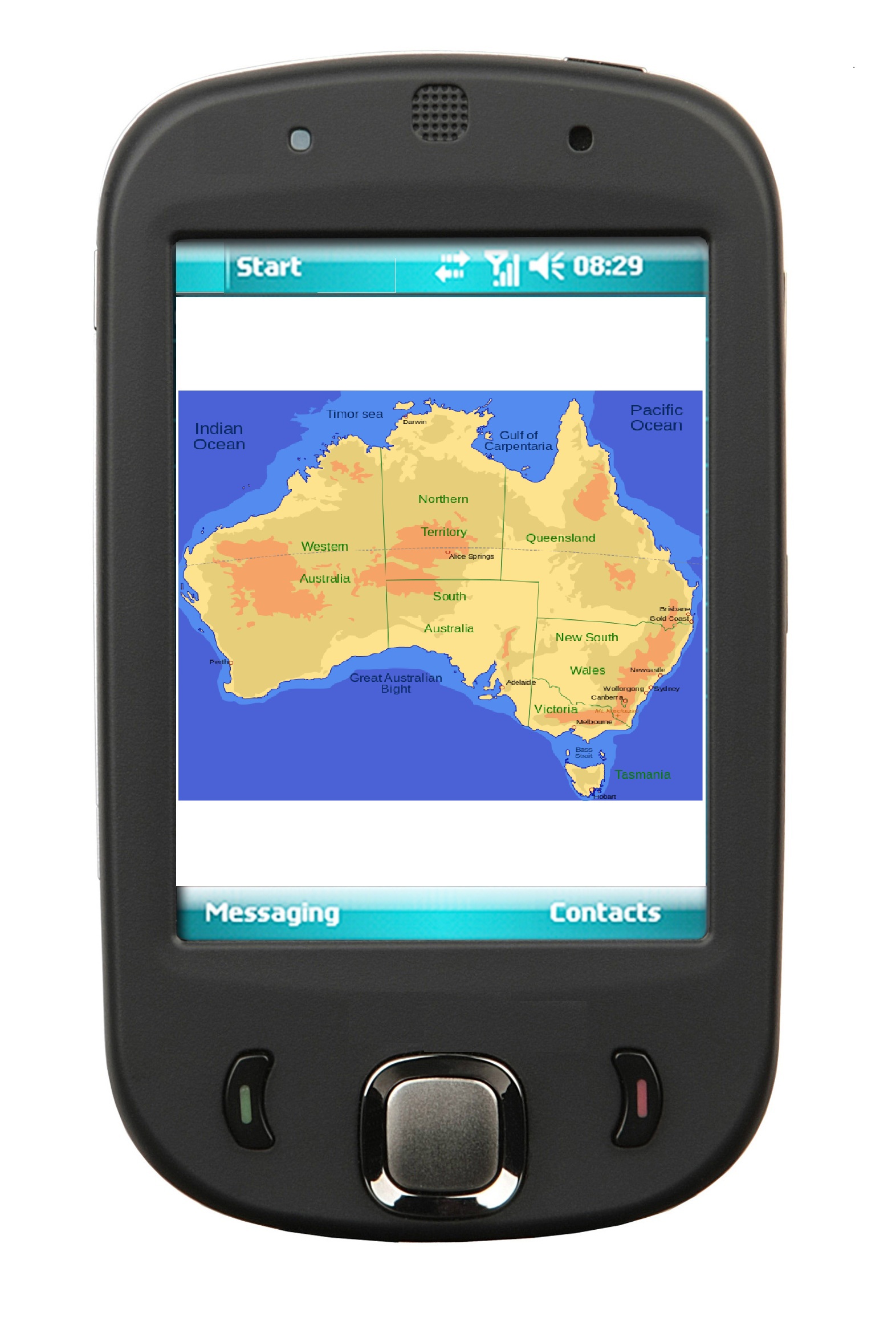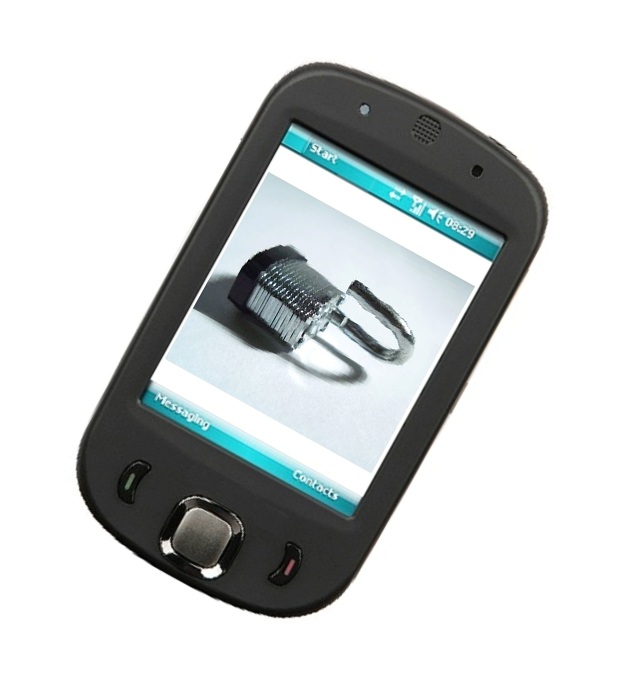Even leading brands in the country are finding it difficult to provide consumers with the mobile experience they want.
Australia’s leader in retail m-commerce is a company called The Iconic, and while that particular brand may be doing well, as a whole, retailers from that country are facing quite a struggle in pleasing smartphone based shoppers.
This, according to the results of a new study that were released by Episerver.
The Episerver study looked into 20 of the Australia’s “bench mark” retailers and assigned them a score based on a range of different criteria. These various factors produced a final score that rated the companies on whether or not the m-commerce experience met the expectations of consumers. There were more than 100 smartphone and tablet users who participated in the survey that led to the final ratings in the study.
The m-commerce rating study, titled the “Episerver Mobile Commerce Report”, placed The Iconic in the top spot.
 That company received a mobile commerce experience rating of 66.47 percent. It was able to demonstrate that it had implemented a successful strategy over tablets and smartphones, in addition to effective apps across both of the two largest platforms: iOS and Android. Still, regardless of the highest scores achieved by The Iconic, it was still clear that iPad users still believe the brand’s mobile app could use some assistance, as it received a score of only 49 percent from users of that device.
That company received a mobile commerce experience rating of 66.47 percent. It was able to demonstrate that it had implemented a successful strategy over tablets and smartphones, in addition to effective apps across both of the two largest platforms: iOS and Android. Still, regardless of the highest scores achieved by The Iconic, it was still clear that iPad users still believe the brand’s mobile app could use some assistance, as it received a score of only 49 percent from users of that device.
The brand that came in second was Kogan. That brand’s overall score was not much lower than The Iconic, at 64.96 percent. In third place was OzSale at 57.40 percent. Despite the fact that Catch of the Day was not among the top three, it was the app that received the best score in terms of the iPad app it offered. Equally, even though Kogan was in second place overall, it received the top rating for the mobile website (which scored 73.75 percent overall).
Among the other companies that did well in their overall m-commerce experience were Dan Murphy’s, Lorna Jane and JB Hi-Fi. Still, there were a large number of the overall 20 bench mark brands that did not do well at all. The average score across all 20 of the retailers – including the highest scores – was 34 percent. This was notably lower than the average of all other countries that were surveyed in this study.
BWild |
November 24, 2015
Though m-commerce is still growing at a rapid rate, there are many who are holding off because they feel insecure.
According to a report that was recently issued by a leading global data erasure solutions and mobile device diagnostics firm called Blancco Technology Group, mobile security remains a barrier that is standing in the way of the willingness of many consumers to take part in shopping activities over their smartphones.
The study was based on the results of a survey in which 1,400 mobile users participated from four countries.
The research suggested that the low level of mobile security precautions that have been taken by smartphone users is not only placing their personal info at risk, but it has also made it possible for corporate data exposure. This places both forms of sensitive data at risk of cyber attack and theft. Even though both legislative authorities and consumers, themselves, have been demanding improved responsibility over data management and accountability by companies, 29 percent of the people who participated in the study confessed that they did not know when their personal info was being accessed over their mobile devices without their specific consent.
This suggests that consumers are in the dark about their own mobile security but want companies to look after it.
 According to Blancco Technology Group IT security consultant, Paul Henry, “There is no excuse for not knowing what is happening with your data – be it personal information on a user’s smartphone or tablet, or company files and intellectual property on those same mobile devices.”
According to Blancco Technology Group IT security consultant, Paul Henry, “There is no excuse for not knowing what is happening with your data – be it personal information on a user’s smartphone or tablet, or company files and intellectual property on those same mobile devices.”
The research results also underscore the issue being faced by businesses as they attempt to create products and services in order to enhance the customer experience. At the same time that they want to produce highly personalized and relevant experiences for their shoppers, they are still faced with the challenge of having to keep that customer data secure against the attempts from cyber thieves to capture it.
Among the survey respondents, one in three stated that they felt somewhat confident about their security of their mobile devices, but at the same time, they didn’t feel safe enough to use their smartphones for shopping. Another 23 percent named mobile security as a barrier to linking their credit cards to mobile apps such as shopping applications and digital wallets.
 That company received a mobile commerce experience rating of 66.47 percent. It was able to demonstrate that it had implemented a successful strategy over tablets and smartphones, in addition to effective apps across both of the two largest platforms: iOS and Android. Still, regardless of the highest scores achieved by The Iconic, it was still clear that iPad users still believe the brand’s mobile app could use some assistance, as it received a score of only 49 percent from users of that device.
That company received a mobile commerce experience rating of 66.47 percent. It was able to demonstrate that it had implemented a successful strategy over tablets and smartphones, in addition to effective apps across both of the two largest platforms: iOS and Android. Still, regardless of the highest scores achieved by The Iconic, it was still clear that iPad users still believe the brand’s mobile app could use some assistance, as it received a score of only 49 percent from users of that device.
 According to Blancco Technology Group IT security consultant, Paul Henry, “There is no excuse for not knowing what is happening with your data – be it personal information on a user’s smartphone or tablet, or company files and intellectual property on those same mobile devices.”
According to Blancco Technology Group IT security consultant, Paul Henry, “There is no excuse for not knowing what is happening with your data – be it personal information on a user’s smartphone or tablet, or company files and intellectual property on those same mobile devices.”